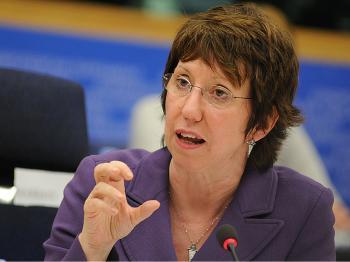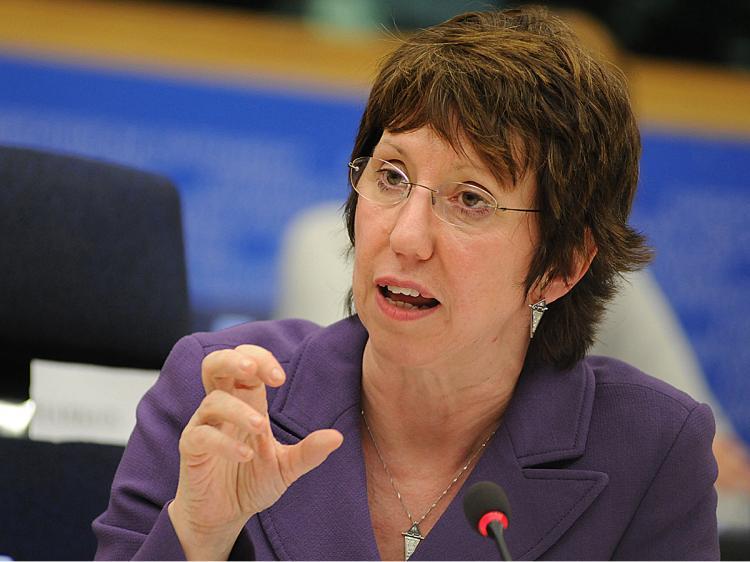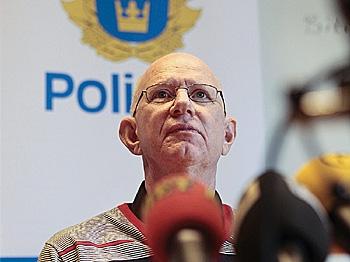GOTHENBURG, Sweden—The new European Commission (EC), headed by President Jose Manuel Barroso, received a formal approval on Tuesday from the European Parliament (EP) in Strasbourg to commence office, after a delay of several months.
The new government, reshaped with extended powers endorsed by the Lisbon Treaty, will stay in office until 2014. It has its own foreign minister, Catherine Ashton from the United Kingdom.
The Commission consists of 27 commissioners, one from each of the 27 member countries within the European Union. The president was appointed by the EC, while each commissioner of the other 26 commissioners was appointed by the individual state governments and approved by the EP.
“We are proud and confident to work with full determination for good of the democracy for Europe—a Europe that is, in fact, the beacon of freedom in the world,” said Jose Manuel Barroso, the EC president.
The European Commission has been widely criticized for being a “paper tiger.” Tuesday’s voting in Strasbourg lacked unanimous support from the EP: 488 votes were in favor, 137 against and 72 abstentions.
During an earlier parliamentary session on Tuesday, Barroso admitted to the members of the EP that the European Union has “not yet” attained a position as a significant player in the world.
During the last two decades the EU, together with the United States, has successively lost some influence in the United Nations to the regimes of China and Russia, according to “An Audit of European Powers at the U.N.” a report from the European Council on Foreign Relations (ECFR), an independent European think tank.
The EU failed to get the Security Council to act on Burma, Zimbabwe, Darfur, and Kosovo. The setbacks have been caused by Europe’s reluctance to use its leverage and its failure to live up to its reputation as a leader on human rights and multinational cooperation, according Richard Gowan and Franziska Brantner, the authors of the ECFR report.
The new government, reshaped with extended powers endorsed by the Lisbon Treaty, will stay in office until 2014. It has its own foreign minister, Catherine Ashton from the United Kingdom.
The Commission consists of 27 commissioners, one from each of the 27 member countries within the European Union. The president was appointed by the EC, while each commissioner of the other 26 commissioners was appointed by the individual state governments and approved by the EP.
“We are proud and confident to work with full determination for good of the democracy for Europe—a Europe that is, in fact, the beacon of freedom in the world,” said Jose Manuel Barroso, the EC president.
The European Commission has been widely criticized for being a “paper tiger.” Tuesday’s voting in Strasbourg lacked unanimous support from the EP: 488 votes were in favor, 137 against and 72 abstentions.
During an earlier parliamentary session on Tuesday, Barroso admitted to the members of the EP that the European Union has “not yet” attained a position as a significant player in the world.
During the last two decades the EU, together with the United States, has successively lost some influence in the United Nations to the regimes of China and Russia, according to “An Audit of European Powers at the U.N.” a report from the European Council on Foreign Relations (ECFR), an independent European think tank.
The EU failed to get the Security Council to act on Burma, Zimbabwe, Darfur, and Kosovo. The setbacks have been caused by Europe’s reluctance to use its leverage and its failure to live up to its reputation as a leader on human rights and multinational cooperation, according Richard Gowan and Franziska Brantner, the authors of the ECFR report.




